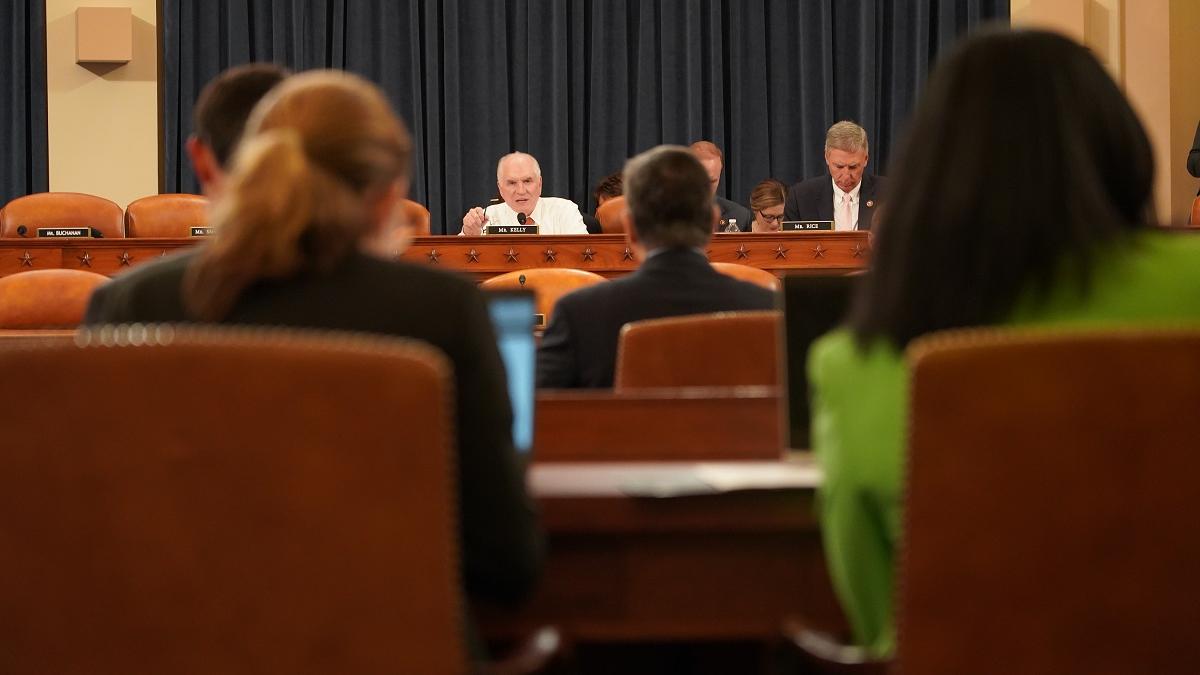Kelly grills HHS Secretary Becerra on lack of response to Erie migrant facility, University of Pittsburgh fetal tissue letters

WASHINGTON, D.C. -- During a House Ways & Means Committee hearing on Thursday, U.S. Rep. Mike Kelly (R-PA) questioned U.S. Health & Human Services Secretary Xavier Becerra on a pair of critical issues impacting Western Pennsylvania over the last year: the emergency intake facility in Erie and allegations that the University of Pittsburgh used taxpayer money funneled through the NIH to promote illegal abortions.
You can watch Rep. Kelly's full exchange with Secretary Becerra here.
BACKGROUND
In April 2021, nearly 150 migrant girls arrived in Erie and were housed at a designated emergency intake site by the U.S. Department of Health and Human Services. This was a deal between a local member of the Erie community, the Departments of Health and Human Services and Homeland Security, and the Biden administration and was made without Rep. Kelly's knowledge. Kelly subsequently wrote a letter to Secretary Becerra and HHS seeking answers about the contract but HHS never provided a substantive response.
Kelly also addressed ongoing concerns regarding allegations that the University of Pittsburgh used taxpayer money funneled through the NIH (National Institutes of Health) to promote illegal abortions. In November, Kelly led 50+ House members in a letter to Becerra demanding greater transparency to learn how those funds were spent but HHS also did not respond to those letters. You can read their letter here.
For decades, Congress has provided federal funding for lifesaving medical research through the NIH. This support has been bipartisan and has been guided by pro-life principles which require that no federal taxpayer dollars shall be used for abortion procedures. This makes the allegations that the University of Pittsburgh may have used federal dollars while seeking to alter abortion procedures for the purpose of obtaining fetal tissue highly alarming.